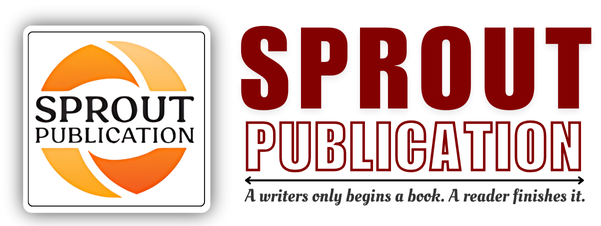Chapter 1: Impurity And Stability Studies-I
Chapter 1: Impurity And Stability Studies-I
Author: Dr. Surya Prakash Gupta
Volume: 01
First Online: 31 August 2024
Pages: 1-15
DOI:
Abstract
Abstract Impurity and stability studies are critical aspects of pharmaceutical development, ensuring drug substances or Active Pharmaceutical Ingredients (APIs) maintain their safety, efficacy, and quality over time. Impurities are unwanted chemicals that remain with the active pharmaceutical ingredients or develop during the manufacturing process and storage. These impurities can be classified into organic impurities (process- and drug-related), inorganic impurities (reagents, ligands, catalysts), and residual solvents. Conducting impurity and stability studies offers several advantages, such as identifying potential degradation products, assessing the shelf life of the drug, and ensuring regulatory compliance. However, these studies can be time-consuming and expensive, requiring extensive analytical methods. Quantification of impurities follows the International Council for Harmonisation (ICH) guidelines, which specify thresholds for reporting, identification, and qualification of impurities to ensure patient safety. Proper implementation of these guidelines helps in maintaining the drug’s quality, ensuring that it remains safe and effective throughout its shelf life.
Keywords: Impurity profiling, Stability testing, Active Pharmaceutical Ingredients (APIs), Degradation products, Organic impurities

